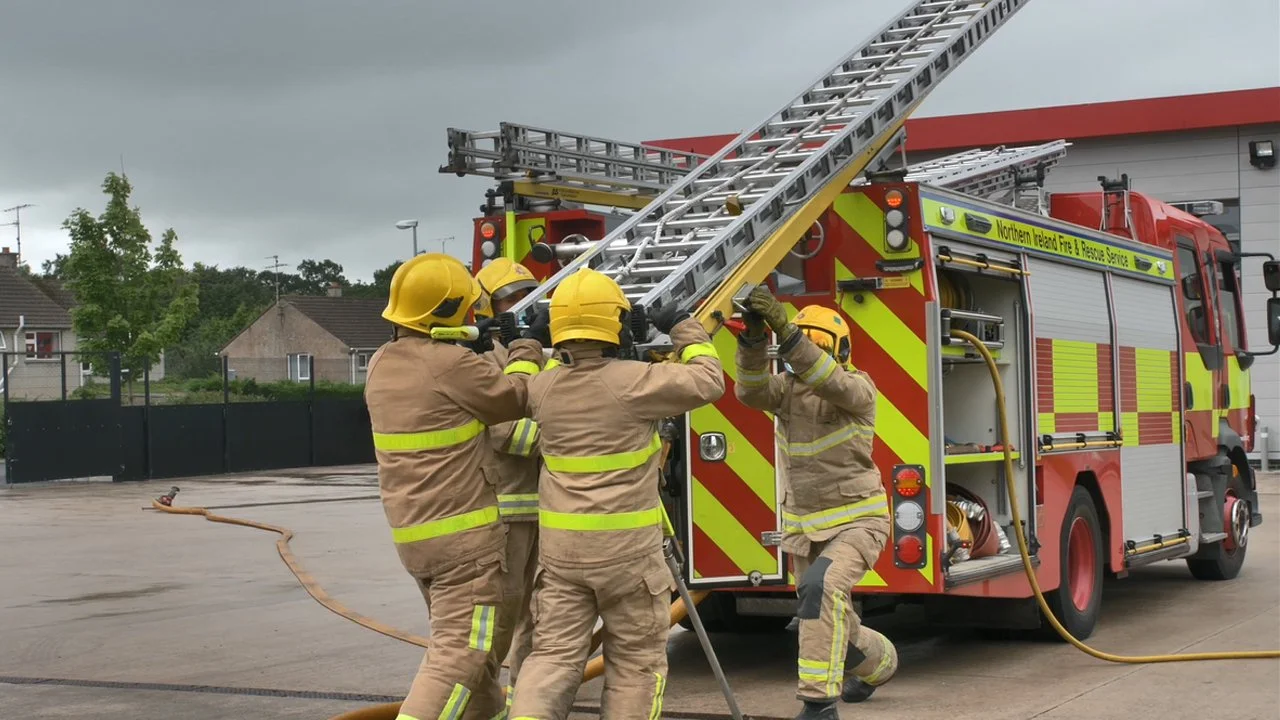
Designing and advising on carbon footprint reduction plans
Northern Ireland Fire & Rescue Service
Guiding public sector clients to a greener future
Insight
Elevate Everywhere, Gleeds and CO2Analysis were appointed by Northern Ireland Fire and Rescue Service (NIFRS) to undertake a baseline carbon footprint assessment of existing performance, and to use this to inform a clear and actionable pathway to Net Zero in response to new regulations applicable to public bodies in Northern Ireland.
Services Provided
Quantify baseline Scope 1, 2 and 3 emissions for a suitable year
Identify an appropriate carbon reduction target
Generate a costed action plan for each of the 69 buildings in NIFRS’ estate
Develop an organisation-level action plan to prioritise activity to deliver the carbon reduction target
Description of works
By combining energy, financial and asset data, we were able to calculate baseline performance, and identify the most significant contributions to operational carbon emissions. Layering in available capital spend planning allowed us to identify and prioritise a series of targeted interventions to decarbonise the estate. In addition, the analysis of procurement data identified a number of efficiencies which will deliver both financial and carbon savings for NIFRS.
Deliverable carbon reduction pathway to achieve Net Zero
Fully compliant with new regulations for Public Bodies (Northern Ireland)
Structured accounting process which allows NIFRS to self-report for future years
Access to planning toolkit allowing NIFRS to evaluate and record changes to their estate over time
Clear mapping of next steps and actions
To date project impact is an energy reduction from 10.14GWh in 2025 to 3.37GWh
Carbon reduction from 1,755 tCO2e in 2025 to 35 tCO2e
Successful Outcomes
IMPLEMENTATION
IMPACT
Fuel affordability for residents in social housing
Extension of the District Heat Network without compromising heat quality
Supported Gateshead Council’s 2030 net zero target


